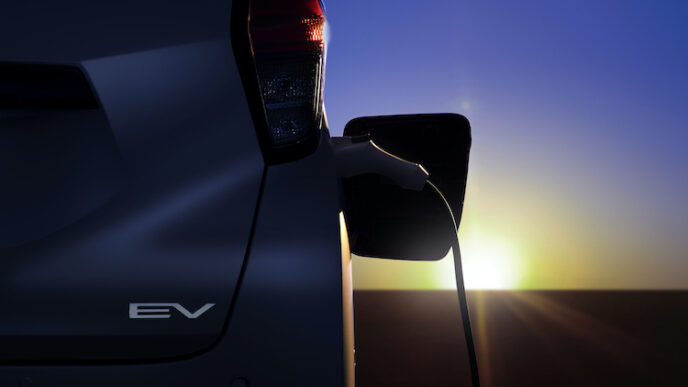
The Australian Automobile Association (AAA) has welcomed increased road safety investment in the Federal Budget but questioned the Government’s failure to address escalating transport costs and the growing inequity of Australia’s transport taxation system.
The AAA says the Government’s increased funding for road safety programs and its funding of road trauma data collection are an appropriate response to the nation’s worsening road safety crisis.
However, the Budget’s broad cost-of-living focus stopped short of addressing the sharp growth in transport costs for families, which rose 10% in the year to March 31.
The AAA’s quarterly Transport Affordability Index, published last week, shows that the typical family spends about $450 a week on transport, with the most significant rises in the cost of new cars and increasing car loan payments.
The AAA says import tariffs and luxury car taxes introduced to protect the now-closed Australian car manufacturing industry will raise $1.69 billion in 2023-24.
“These legacy taxes have outlived their original purpose and are adding to the cost of cars bought by Australian families and fleets,” AAA managing director Michael Bradley says.
“Abolishing these protectionist measures must form part of a broader reform of tax arrangements, which should seek to ensure all Australians pay their fair share toward the upkeep of the road system and spread the cost burden more evenly across the community.”
The Budget shows as more Australians shift to electric vehicles, fuel excise receipts will fall, and a declining proportion of Australians will shoulder the burden of funding the construction and maintenance of Australia’s transport network.
The Budget also says the Government’s proposed New Vehicle Efficiency Standard will result in a $470 million reduction in fuel excise collections over its first three years.
“It was disappointing that Australians heard nothing about the Government’s plan for a more affordable, sustainable, and equitable system for paying for our roads, given the High Court last October supported the Commonwealth’s moves to prohibit states from levying road-user charges,” Bradley says.
The AAA is also concerned that only 77% of fuel excise collected over the next four years will be re-invested in the transport network – down from the 85% announced 12 months ago.
While the AAA is pleased to see investments of $561 million and $3.4 billion in the Black Spots and Roads to Recovery programs respectively over the forward estimates, it says the Commonwealth’s total land transport funding allocation for the years 2023-24 to 2026-27 fell by $3.3 billion, to $52.6 billion.
The AAA is pleased to see $21 million allocated to ensuring the Commonwealth can collect and report critical road trauma data currently held by state and territory governments.
“The AAA commends the Commonwealth for its leadership on this matter, which will save lives and increase transparency regarding how government invest taxpayers’ money on roads,” Bradley says.
“This important reform will ensure that scarce government funds are directed to where they will have the most effect in the future.”
The AAA also welcomes the government’s funding commitments to EV recharging infrastructure and will seek further clarity about the scope and scale of these investments.
“The Government is suitable to encourage the uptake of new technologies and more fuel-efficient vehicles, but Australia’s EV recharging shortcomings are currently a significant inhibitor,” Bradley says.
“The AAA looks forward to understanding how the Budget’s relevant allocations will deliver the charging infrastructure Australian motorists need, where they need it.”
The AAA welcomes the Budget’s four-year $100 million active transport commitment, which has the potential to help reduce urban congestion and assist with the Government’s emissions abatement targets.
It looks forward to working with the Government to develop appropriate guidelines before its 2025 launch.








